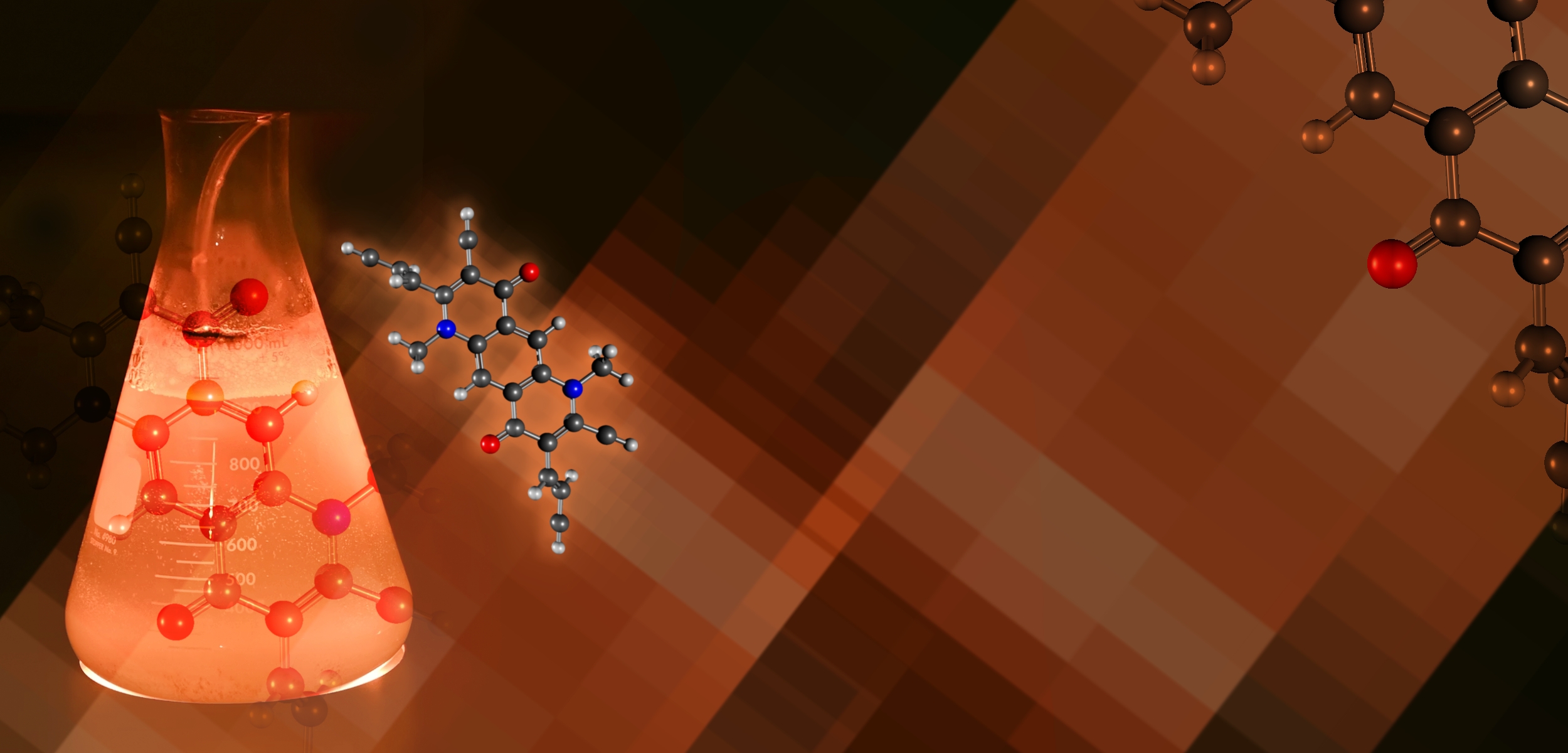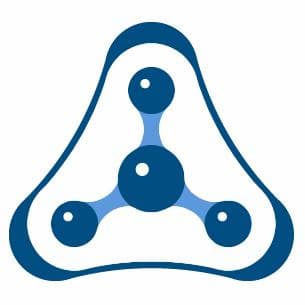Cutting-Edge Software Tools
for Modeling Molecular Systems
Q-Chem provides a vast library of easy-to-use tools and methods that allow chemists worldwide to quickly and accurately predict electronic and molecular structure, reactivities, spectra, and more.
Recent Publication Highlights
In this new paper, authors determine over sixty isomers of Z-Ala and study their spectroscopic signatures. They use Q-Chem for ab initio simulations with 144 DFT functionals, CCSD, and PT (RI-MP2, MOS-MP2, and MP2.5). https://t.co/FHN6fHboZa
— Q-Chem (@QChemSoftware) February 11, 2026
Try Q-Chem: https://t.co/DKMgNYqOMT pic.twitter.com/hSCNEvVAO8
The videos from the Q-Chem workshops last week at the Virtual Winter School on #CompChem are posted! If you missed us, you can watch the talks and work through the exercises here: https://t.co/900wAsY6qX pic.twitter.com/QgIyHL6tdP
— Q-Chem (@QChemSoftware) February 5, 2026
In this new preprint, Q-Chem developers introduce a new ωB97L-V double-hybrid functional which handles strong correlation well, modeling covalent bond dissociation properly and achieving sub-kcal/mol accuracy for the metal-organic reaction barrier heights. https://t.co/1OigKHqZcz pic.twitter.com/xDSenChxdk
— Q-Chem (@QChemSoftware) February 2, 2026
Q-Chem Newsletter: February 16, 2026 | |

| 2026 Virtual Winter School on Computational Chemistry: Recordings Available! Q-Chem was pleased to be one of the sponsors of the 2026 Virtual Winter School on Computational Chemistry! We also hosted not one but two Q-Chem workshops, with talks and hands-on exercises led by experts from the Q-Chem board and team. You can view the recordings and exercises from the workshop here. ⧉ Thank you to the… Read More |
Q-Chem Newsletter: January 26, 2026 | |

| Q-Chem News & EventsVirtual Winter School on Computational Chemistry Q-Chem is thrilled to be one of the sponsors for the 2026 Virtual Winter School on Computational Chemistry… Read More |
Call for Nominations: 2026 Nick Besley Award | |

| We are now accepting nomination submissions for the 2026 Nick Besley Award. This award recognizes excellence in the development or application of new methods for computational spectroscopy in the Q-Chem open-teamware community project. The award, which is given annually, includes a certificate and a $500 prize. It commemorates the contributions of Prof. Nick Besley, who is remembered for his multi-faceted contributions to excited-state theory and methodology, with particular emphasis on the… Read More |
Happy New Year: Q-Chem Year In Review (2025) | |

| Happy New Year from Q-Chem! As we welcome 2026, we wanted to take a moment to celebrate what Q-Chem users and developers have accomplished over the past year, including: Over 1,000 publications and preprints citing Q-Chem; 2,129 commits to the Q-Chem code base (172 merges to trunk); and more than 50 new cutting-edge features contributed to Q-Chem by developers! We have compiled a list below highlighting some developer publications and preprints from 2025… Read More |
Q-Chem Newsletter: February 16, 2026 |

|
2026 Virtual Winter School on Computational Chemistry: Recordings Available! Q-Chem was pleased to be one of the sponsors of the 2026 Virtual Winter School on… Read More |
Q-Chem Newsletter: January 26, 2026 |

|
Q-Chem News & EventsVirtual Winter School on Computational Chemistry Q-Chem is thrilled to be one of the sponsors for the … Read More |
Call for Nominations: 2026 Nick Besley Award |

|
We are now accepting nomination submissions for the 2026 Nick Besley Award. This award recognizes excellence in the development or application of new methods for computational spectroscopy in the… Read More |
Happy New Year: Q-Chem Year In Review (2025) |

|
Happy New Year from Q-Chem! As we welcome 2026, we wanted to take a moment to celebrate what Q-Chem users and developers have accomplished over the past year,… Read More |



